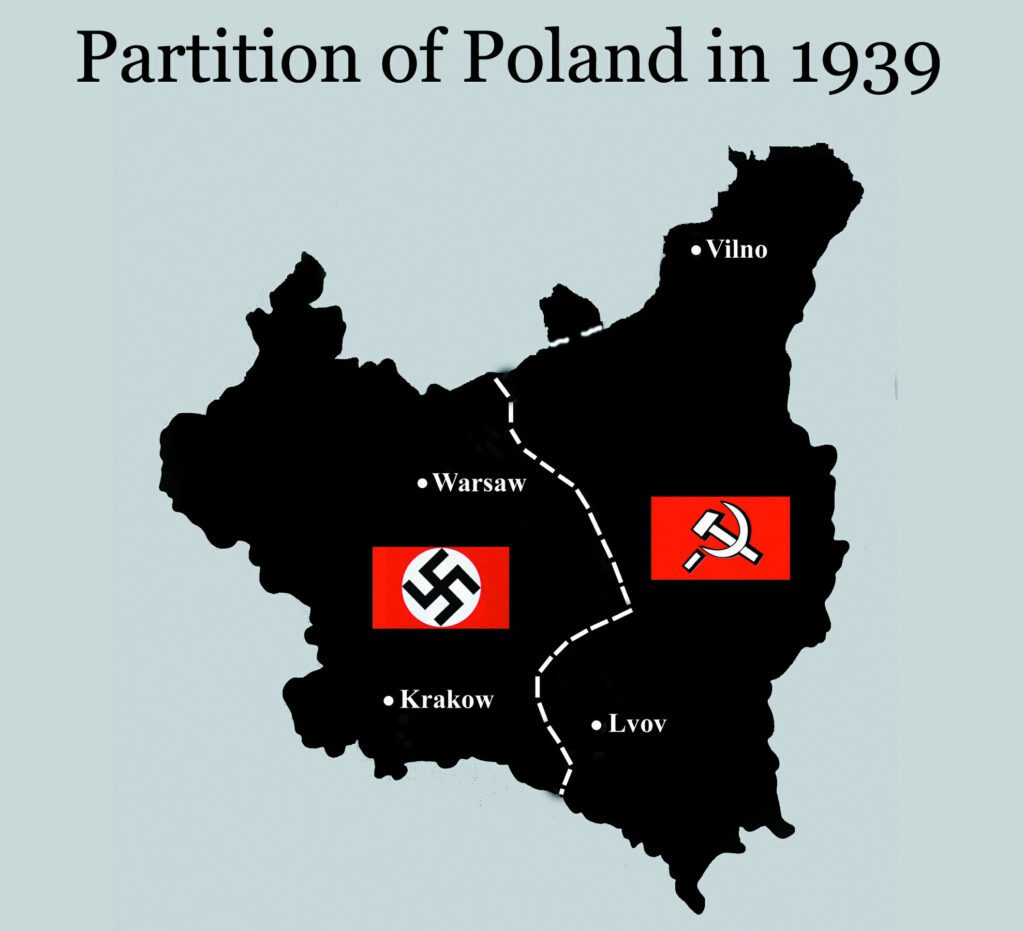
Among the many Holocaust deniers and non-believers still around today there are those who simply don’t know WWII European history or are misled by what they claim is a re-writing of that history, particularly when so many eyewitnesses are rapidly dying out today. Some 40 years ago, when I first began writing my mother’s story of deportation to a Soviet labor camp in Siberia during WWII, people would ask if it was a Holocaust story, clearly amazed that Poland had been invaded not only by Nazi Germany but also by Soviet Russia.
Since my book, My Sister’s Mother: A Memoir of War, Exile, and Stalin’s Siberia came out first in 2016 and again 2019 by the University of Wisconsin Press, I have given many talks about my book and related topics, often to groups where the audience was filled with Jewish people, many of whom had lived through/survived the Holocaust. No matter how much I emphasize that my mother’s story is about what happened on the other side of Poland with Stalin and his army of secret police arrests of Poles like my mother taken into what was essentially slave labor in the inhuman land of that vast, unkind, wilderness of Siberia, questions find their way to the Holocaust and how my mother was affected or how German-occupied Poland was involved. I politely redirect the discussion to my mother’s story of Stalin’s atrocities, who by many was considered worse than Hitler’s. After all, during the 1930’s, Stalin was responsible for the great famine in the Ukraine that wiped out over 4 million people. And of course, today his faithful successor, Putin, is following in his footsteps. Stalin’s WWII deportations and murders are estimated to have killed over 2 million including conscripted soldiers. Stalin didn’t need gas chambers goes the argument. He had Siberia.
Rather than get into a futile debate of who suffered more, I try to emphasize that WWII damaged many lives then, and now the generations that have followed. I have tried to capture the fallout of my mother’s experiences on how it affected me and my sister and possibly by extension my children. War never has an impact on only one generation. Today, psychologists tell us about generational trauma and PTSD, something that my sister clearly suffered, not to mention my mother who could never stop talking about the war. Back then there was no name for what she suffered.
Rather than call my mother’s and that of thousands of people like her going through the “other” holocaust, I would rather stay away from that emotional word that clearly resonates deep hurt among those who cannot hear my family’s story from the other side of Poland without recalling their own. Suffice it to say that war never really ends and despite our best efforts, keeps getting repeated in one place or another. In simple biological terms to which my educational background speaks, it is, as always, survival of the fittest in an ever resource depleting world.
Eloquent. And your book was superb.